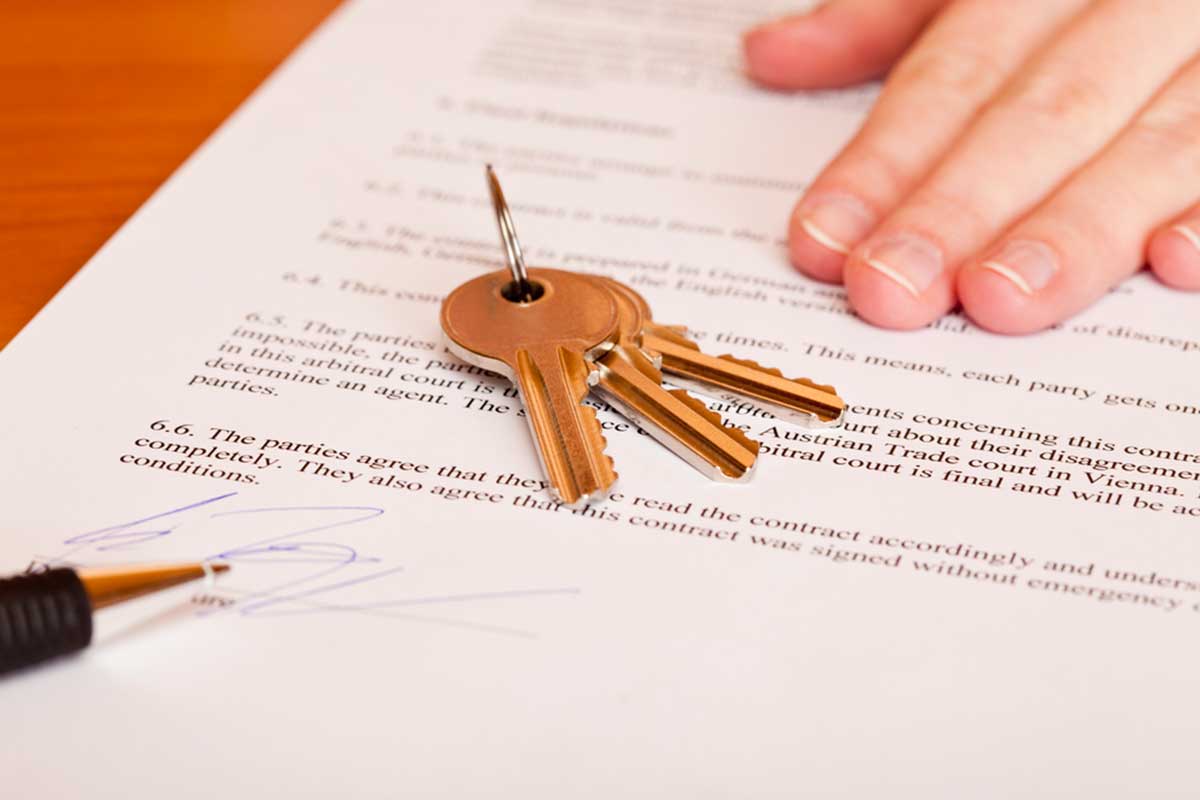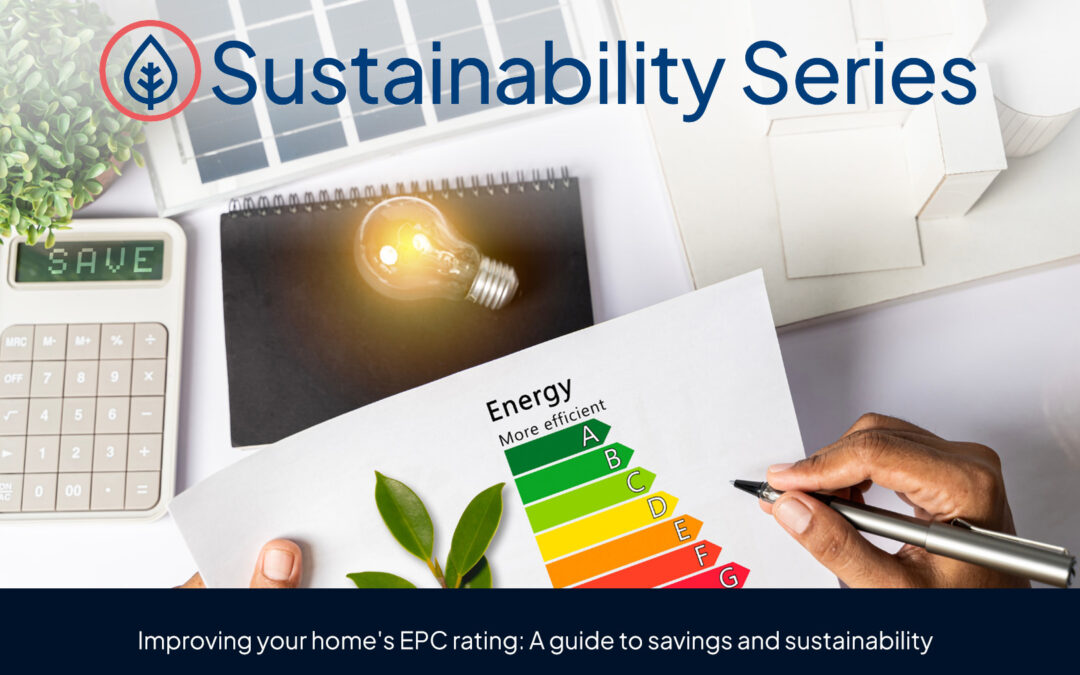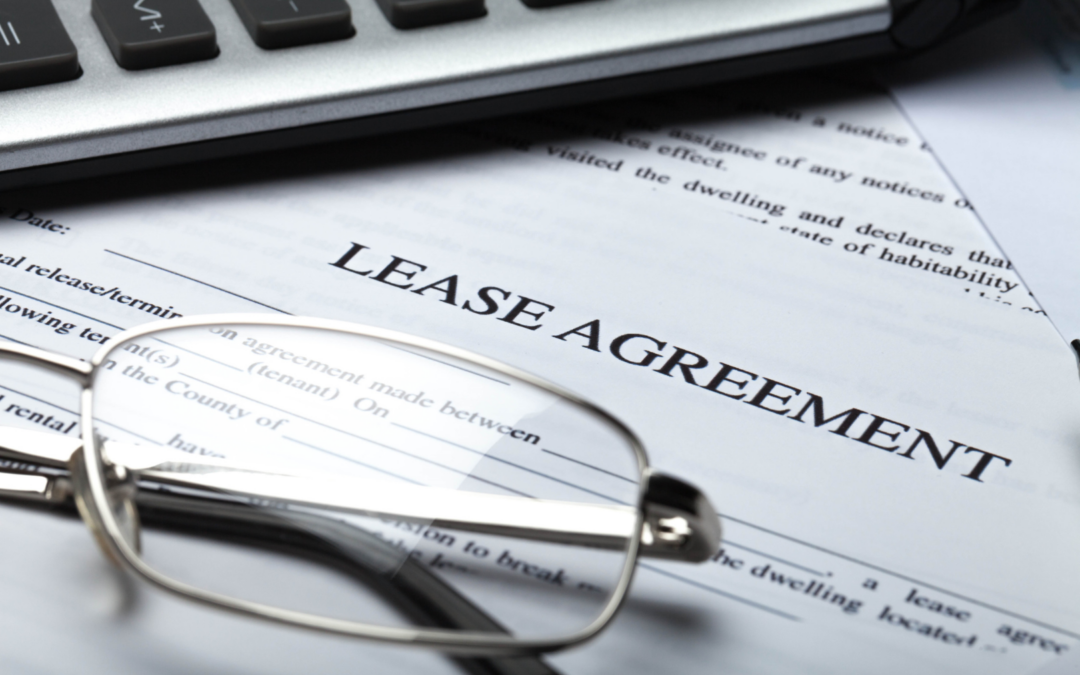A property to live in is probably the most valuable item you will ever buy.
Unless you are fortunate enough to be able to afford the whole purchase price, you will need to borrow a substantial sum of money in order to buy your home.
Here are OnTheMarket‘s eight things to consider to help you make the financial arrangements.
1. The mortgage
Most buyers will need to arrange a long-term loan in the form of a mortgage, which can be obtained primarily through building societies and banks. The lender charges interest on the loan and this, together with the sum borrowed (the principal), is repaid over time.
There is a very wide choice of mortgage schemes and the market is very competitive. It is constantly changing and the range of options can be very confusing.
While you can choose to do all the research yourself there is really no substitute for talking with a qualified financial advisor.
2. The financial adviser
There are financial advisers who only give advice on a limited range of lenders (Restricted Advisers) and those who can give unbiased advice on a whole range of financial products from all the different lenders (Independent Financial Advisers or IFAs).
Most banks and building societies will have Restricted Advisers but some may have IFAs. Many estate agents are able to recommend a financial adviser.
Initial advice may be given free of charge and the adviser must inform you of any costs in advance. Some will charge a fee for arranging the mortgage while others will be paid by the lender. Don’t be put off if a fee is charged.
It can sometimes mean you will be offered deals that are not available from other advisers. In either case, all advisers must give you impartial advice and must be registered with the Financial Conduct Authority.
3. Working out how much you can borrow
There are many factors that will influence the amount you can borrow and although there are a large number of online calculators, they rarely give an absolute answer to the question.
It all comes down to your personal circumstances and the property you want to buy. As a guide, think in terms of the maximum borrowing being about four times your annual salary. It’s important to stress this is a very general multiplier and you should not be surprised if the actual amount is different.
4. What can you afford to repay?
A mortgage is a serious and long-term commitment that you will be paying off every month over a number of years.
When you make an application to a lender for a mortgage they will ask in-depth questions about your earnings, savings and outgoings so that they can be sure their money is safe and that you are in a position to meet the monthly repayments.
Make a list now of all your monthly expenditure. Include everything such as mobile phone, gym membership, fuel costs, childcare, food and drinks, socialising, clothes purchases and so forth. Also, set out any savings and debts that you have.
In addition to assessing your financial position in detail, a potential lender will also be looking very closely at your credit rating. Even something as seemingly innocuous as a missed credit card payment months ago could mean they won’t consider you for a mortgage.
If you are not sure of how good your score is, it is worth checking via one of the credit rating companies such as Equifax.
5. The deposit
It used to be fairly common to borrow 100% of the purchase price of a property but since the financial crash of 2008 that option is no longer widely available for most people.
You will be very unlikely to be able to borrow more than 95% of the purchase price, so will need at least 5% in savings in order to make up the difference.
The rate of interest on your mortgage is affected by the percentage of the purchase price you are borrowing: the more you can put down as a deposit, the lower the interest rate.
Aim for at least a 10% deposit as this will give you a wider range of lower-rate mortgages to choose from. To be offered the lowest possible interest rates, you will need at least a 40% deposit.
6. What type of mortgage?
There are several different types of mortgage. A Standard Variable Rate (SVR) Mortgage has an interest rate that is set by the lender and it can go up or down during the life of the mortgage. A Tracker Mortgage will follow movement in the bank base rate which is set by the Bank of England.
A Fixed Rate Mortgage, the most popular choice in the current environment, will have a set rate of interest for a certain period of time, usually between two and ten years. The rate you pay will not change in the period and after it expires your mortgage will revert to Standard Variable Rate.
It is important to be sure that you will be able to continue your monthly payments if interest rates increase significantly from your starting rate.
There are also Interest-Only Mortgages but these are for specific circumstances and are not generally suitable for owner-occupier buyers. Your financial adviser will guide you towards the best type of mortgage for your needs.
7. Help to Buy
For the time being, the government is assisting purchasers via the Help to Buy scheme. It comes in two parts. The first part is aimed at assisting buyers who don’t have a large amount of cash for a deposit. It offers an interest-free five year loan of up to 20% of a property’s value.
After five years, a low rate of interest starts to be applied and when the property is sold, the loan is repaid. The second part of the scheme offers banks and building societies a guarantee against losses of up to 20% of a property’s value so long as the buyer puts down at least a 5% deposit.
Your financial adviser will be able to provide you with detailed information.
8. Start the process now
It takes time to get to the stage of making an application to a lender and then the application process itself can take several weeks.
It is really important that by the time you start contacting estate agents and going to look at properties, you have a clear picture of your financial ability to make a purchase.
Ideally you will have obtained an Agreement in Principle (or “AIP”) from a lender as this confirms how much they are prepared to lend you on a suitable property.
Armed with that document you will be in great position to start your property search. Estate agents will take your enquiry seriously because they can see you are able to get a mortgage and you will be streets ahead of less well prepared buyers when you find that dream home.






